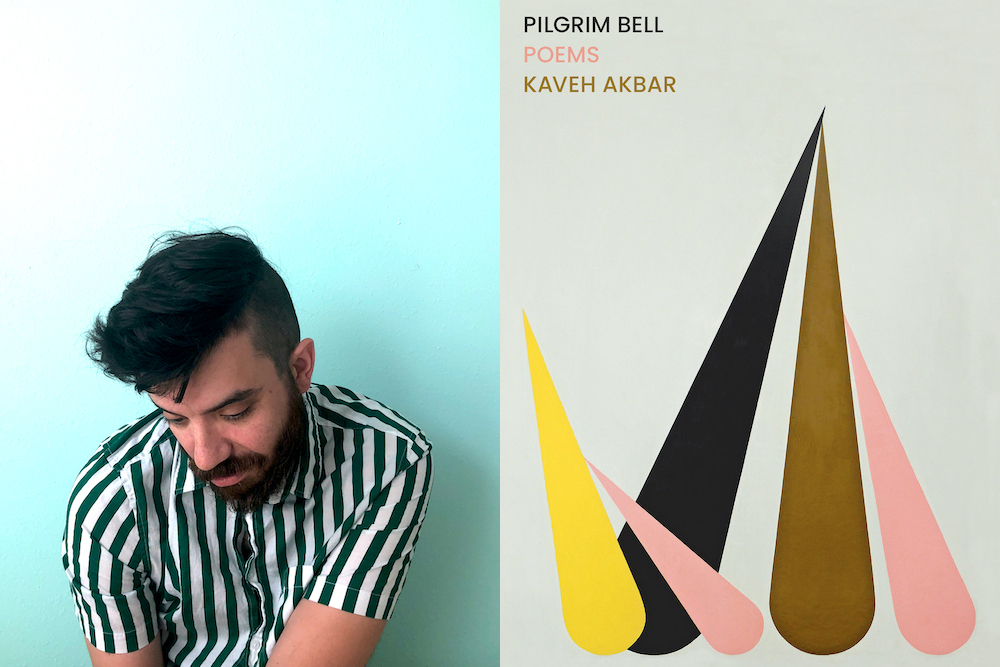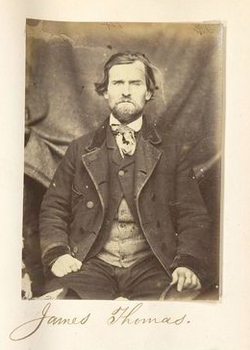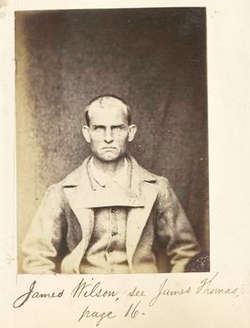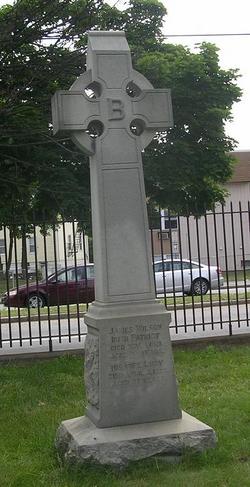HERE IS A POET TO WATCH
Enthusiasm is at the heart of Kaveh Akbar’s literary endeavor. Since the publication of his 2017 debut collection, Calling a Wolf a Wolf, a hyperspeed, ultrasensory journey through addiction, recovery, and spirituality, he’s become one of the best-known poets in America, and that’s saying something in this moment when poetry is suddenly, somehow, cool. But before that, Akbar was already a tremendous presence—a prototypical online influencer, sharing pictures of pages from other poets’ books with his many followers, spreading the gospel far and wide. Calling a Wolf a Wolf was a phenomenon, reaching thousands of readers, many of whom discovered and fell in love with poetry through their feeds. Though Akbar has since left social media, he remains an advocate through his work as poetry editor of The Nation. When I spoke to him over Zoom, he was at an artists’ residency at Civitella, in Italy, and despite the distance and shaky internet connection, we gabbed about the life-or-death practice of poetry like the pair of gleeful nerds we are.
Akbar’s second collection, Pilgrim Bell, feels less frantic than his first, though no less intense. There’s lots of white space on the page, and the poems are often cut into short, staccato sections, sentence fragments that accrue emotional power but avoid straightforward narrative or confession. The poems deal with family, religion, love, the wreckage of Trump’s America, and daily life in the highly pressurized environment of the past few years. They feel profoundly intimate to me, as if they seek to reclaim the nuanced language of inner life from all the public noise that threatens it. Reading Akbar’s work and talking with him was a welcome reminder that this art form is soul-sustaining and worth building a life around.
INTERVIEWER
Let’s start with the idea of poetry as a practice. Is it something you feel you need to do regularly?
AKBAR
Yeah, I mean it’s never off. Everything that enters my consciousness enters first through the prism of its poetic utility. Were you ever a kid who would hold your shirt out like—I don’t know if you can see it—like this, and you would fill it with stones or shells or whatever? I feel like I’m just moving through the world with my shirt out in front of me, filling it with language and images. And over the years I’ve realized that one hundred thousand percent of the time, if I’m like, “I’ll remember this, I don’t need to write it down,” I forget it instantaneously. So I just write everything down.
INTERVIEWER
What do you use to write it all down on? Your phone? A notebook?
AKBAR
I have all of these legal pads everywhere—there are four of them on this desk that I’m sitting at right now. There’s no organization to it, I just use whichever one is closest to me. I also have thousands of pages of digital notes on my computer.
INTERVIEWER
I know you’ve spoken about this before, but could you talk about how that practice helped you overcome addiction?
AKBAR
There were a lot of things that helped me move out of addiction. It wasn’t like I picked up a book of Komunyakaa’s poetry and suddenly I wasn’t addicted. Early in recovery, it was as if I’d wake up and ask, How do I not accidentally kill myself for the next hour? And poetry, more often than not, was the answer to that. I would pick up Neon Vernacular and then I would have a place to be for, like, four hours. If I was writing a poem, that’s two, four, eight hours that just flew by. That was a place to put myself for a big chunk of that time.
INTERVIEWER
So do you think of Calling a Wolf a Wolf as a kind of survival mechanism?
AKBAR
I love my first book very much, I’m very proud of it and I have a lot of affection for it—but it is this sort of clumsy, loud, noisy, urgent, uneven thing, and so much of that has to do with the sense I had that I was floating out in the ocean, clinging to this two-by-four.
INTERVIEWER
Just flipping through Pilgrim Bell, the first thing I notice is that the poems are thinner, for the most part, and a lot of them are made up of little sections that feel like bursts of consciousness. How did that formal decision evolve?
AKBAR
I wrote my first book living basically a hermetical poet’s life. I taught two classes a week, but aside from that I had no real responsibilities to be anywhere, to be anyone, or to do anything. So there was a lot of quiet in my life that was filled with writing. I had a lot to say, and the unpunctuated line—which I stole from Lucille Clifton, and Ellen Bryant Voigt’s Headwaters, and middle and late W. S. Merwin—allowed me to get at a sort of supersaturation and momentum and centripetal force that could evoke the urgency of the things that I was talking about.
Then, in between the two books, my life got noisier. I got married. I began to teach at different institutions. As my life got noisier, I became more and more interested in building silence into the poems. I began looking to people like Jean Valentine, who uses silence as almost an architectonic element on which the poems are built, so that language is sort of the negative space around it.
I was also reading If Not, Winter, Anne Carson’s versions of Sappho. I was amazed by how open those synapses in Sappho are, how time sort of marbled these silences across Sappho. That not just allows but demands that your imagination complete the circuit of cognition. It became really interesting to me to disrupt the syntax in some way that activates the reader. Especially when—not to put too fine a point on it—engaging these sorts of psychospiritual dramas that are also invested in a lot of civic and social matters.
INTERVIEWER
I don’t know how much of the book was written during the Trump presidency, but I bet a good deal of it.
AKBAR
Yeah, a lot of it.
INTERVIEWER
So there was that overabundance of noise, as well.
AKBAR
Yes. And between writing the two books I had gotten off of all social media. I don’t mean to speak prescriptively but, for me, it was really insidious how that shit colonized my mind and colonized the algorithms of my thinking and hijacked my rage. On social media, the same rhetorical language was being used about the casting of some Marvel movie as about the leveling of a village in Syria. The same exact rhetorical algorithms of outrage were used to talk about one as the other. Our brains haven’t evolved enough to differentiate between the two. Language is language. And so I was just not in command of my compassion, the distribution and focus of my rage, and it took a while to recalibrate. I think I still am recalibrating.
INTERVIEWER
I think, fundamentally, the thing that we practice when we live and work as poets is how to reliably wind up in a quiet internal place that is the opposite of social media. Sometimes it takes ten or twenty years to be able to do that, and that’s what becoming a poet is.
AKBAR
I feel like everyone from Catullus to Carson has said some version of, You have to figure out how to train your instincts and then get out of the way. And it’s the most obvious thing when you can sense it, but it’s the hardest thing to articulate. And what works for me isn’t what would work for you.
INTERVIEWER
Finally, you have to withdraw to a private place, to a private way of doing it. I mean, you can tell me how you do it in an interview, but—
AKBAR
Right. And it’s hard because, again, a big part of my life is teaching across a number of different institutions, and though I have a degree in English education, by and large the prerequisite for teaching poetry is just having written a lot of poetry, which doesn’t actually really help me tell anyone else how to write poetry.
INTERVIEWER
Well, the actual prerequisite for teaching is a lot like the prerequisite for writing poetry—you have to be able to enter a state in which you are lucid and can pass a conversation around a room. Teaching, like poetry, is a spiritual practice.
AKBAR
That’s a beautiful way to frame it. I say things like that and then I get self-conscious that people are like, “Oh, he said the S-word.”
INTERVIEWER
With poetry you have to have a way of corralling the people in your head, getting them to where you need them to be so that you can address them. I think that has to be spiritual, on some level. And religion is an aspect of your poetry. It’s in there.
AKBAR
But I think even the most secular writers, even the most skeptical, feet-on-the-ground writers still talk about time flying by, or how such and such a phrase just came to them. They’re still sort of mining the language of the supernatural to talk about what is not them in their writing.
INTERVIEWER
Right. Whatever you call it, it’s that. Another thing that happened between your two books is that you got a little famous, right? I’m curious to know what kind of pressure that exerts on the writing. How do you manage that sense that people are watching? When you were on social media, one of the ways you seemed to manage it was by being a kind of community organizer, sharing other people’s poems a great deal. You’d say, “Hey, this is great,” and that would whip up excitement around a poem, and that seemed to be a generous or healthy way to handle what might otherwise have become a crushing self-consciousness.
AKBAR
Well, you know, the crushing self-consciousness doesn’t go anywhere. [Laughs.] There’s a reason that I found my way into poetry. I think we all have the aesthetic mediums to which we are most permeable, and there’s a reason that mine was poetry, because it creates a one-to-one relationship between you and the person that you’re reading or the person that you’re writing to. “Personism,” the Frank O’Hara essay, is really important to me, and thinking of the poem as a way of almost picking up the telephone and speaking to a specific other, whether that other is the page or God or justice or whatever.
Akbar
That self-consciousness was really corrosive to everything. To my ability to be creative. To my ability to think and doubt and sit in uncertainty without trying to resolve it. And I think that those are critical states for me to be able to nourish and protect. There came to be too many ports of entry into my consciousness. And, to be really real, I just wasn’t doing very well with it. I would obsess over meanness. Of course, anyone on the internet will experience some amount of meanness. I got, and still get, a fair number of people writing me and calling me racist names and so on. That doesn’t bother me as much anymore, because I can say to myself, Oh, this person is unwell. The stuff that did get under my skin was the straw man thing of situating me as the avatar for a system that I, too, was trying my best to move against. I reached a point where I couldn’t enjoy a moment of my life—the joy of my students, quiet moments with my spouse—without feeling like I was doing something wrong, like I was defective in my living, my ethics. And over time, eventually, I was able to apprehend that there were a lot of quiet channels of my goodness. I do a lot of work with people in recovery that I don’t talk about publicly. And that stuff is actually probably most of my life.



